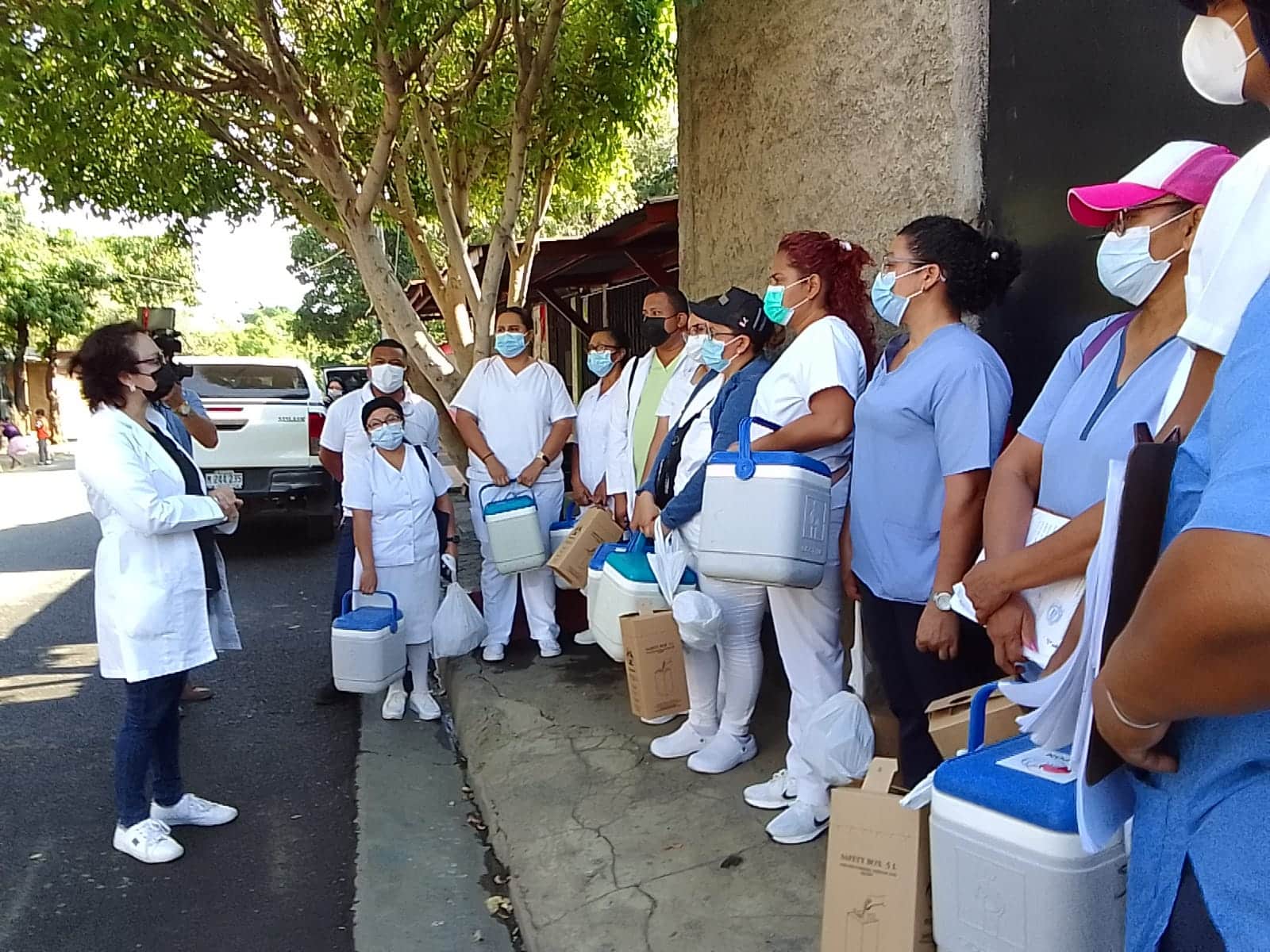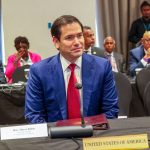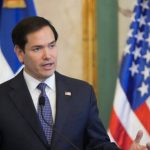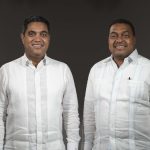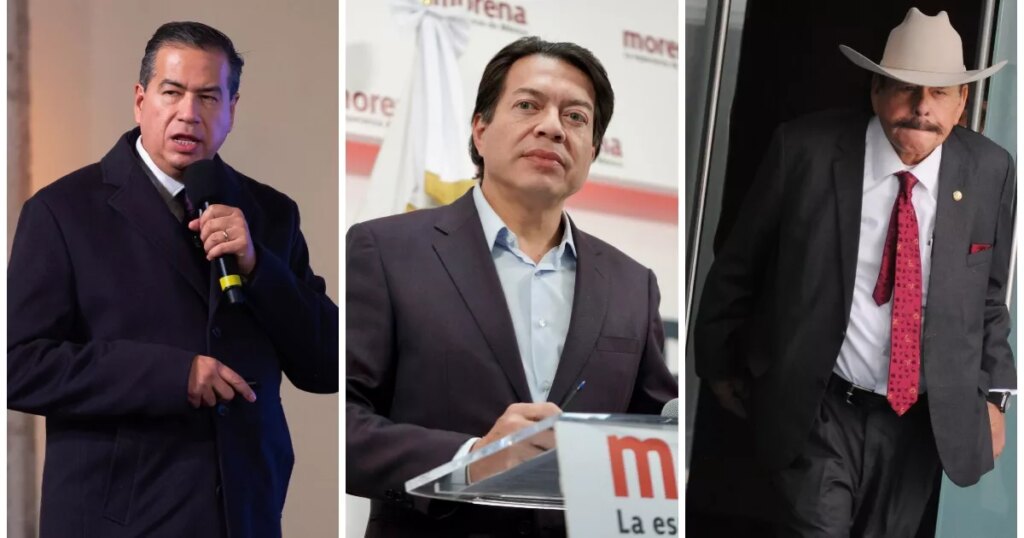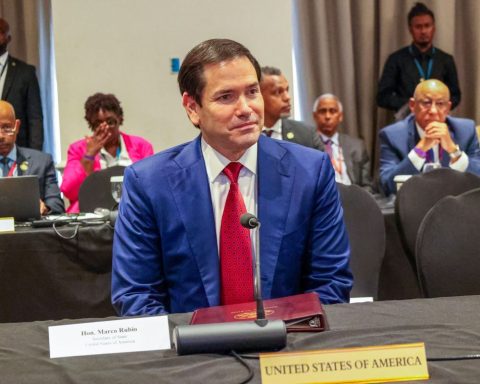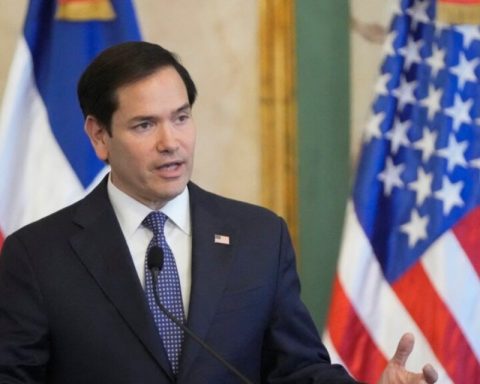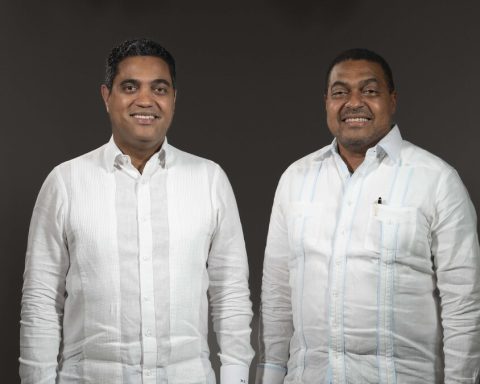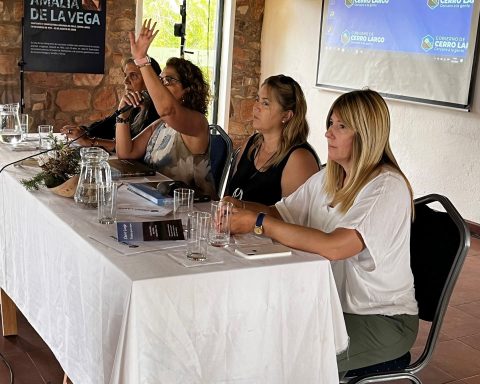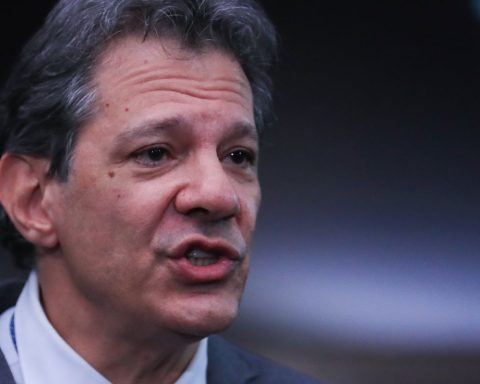The Daniel Ortega regime continues without publishing the external audit report on the use of funds allocated to covid-19 care, which would be disclosed at the end of November 2022, according to the term promised to the International Monetary Fund (IMF). This would be the first official document that would reveal how they have executed the money destined to fight the pandemica.
“The authorities remain committed to publishing external audit reports on the use of all covid-19 funds; It is expected that a first report on the execution until May 2021 will be published at the end of November 2022”, the IMF announced, after the visit of a technical mission to Nicaragua.
However, two months have passed since the announcement and the report is not available to the Nicaraguan population. The delay occurs despite the fact that its analysis only covers the first 15 months of the pandemic in Nicaragua, a period in which the regime made little effort to address the health emergency.
For the pandemic, the Ortega Murillo dictatorship obtained loans for more than 460 million dollars between June 2020 and June 2022. These were granted by the World Bank (136 million), the IMF (135 million), the Central American Bank for Integration Economic (100 million) and the Inter-American Development Bank (43 million). In addition to large donations from countries and bilateral collaborators such as the Pan American Health Organization (PAHO).
Half-transparency with the use of “covid funds”
multilateral organizations authorized these loans for the purchase of medicines, personal protective equipment, medical and laboratory supplies, vaccines, improvement of the cold chain, among other needs. However, to gain access to these, the regime acquired a series of transparency agreements that it has half-fulfilled and on time.
Likewise, the multilaterals established that the funds granted should be channeled and supervised by United Nations agencies: United Nations Office for Project Services (UNOPS), World Food Program (WFP) and United Nations Children’s Fund ( Unicef), due to the strong questions that arose from the handling of the pandemic by the Ortega-Murillo regime.
Agencies did not prevent Ortega’s access to the funds
Although the role of the agencies was to manage and supervise the “covid funds”, the regime has gained direct access to these funds. In October 2021, the dictatorship removed Unicef from the project “Support for the Implementation of the Plan for the Deployment of Vaccination and Care of covid-19 in the Republic of Nicaragua”, granted by CABEI.
Initially, this agency would be in charge of external supervision of the project, but after incorporating the loan into the General Budget of the Republic (PGR) for that year, it left it out.
In November 2022, the director of UNOPS, Naziro Esposito, told the newspaper La Prensa that “each project that is implemented has a detailed monitoring and reporting mechanism that guarantees full transparency and operational monitoring of it.”
The statements were granted after four months of waiting and red tape, the newspaper reported, and without revealing further details about his role in the projects.
Since the confirmation of the first case of covid-19 in Nicaragua, which occurred on March 18, 2020, the Ortega Murillo regime has been questioned for his mismanagement in attention to the health emergency and the lack of transparency. Mainly, due to the deliberate concealment of the deceased. He assures that there were only 245 deaths, despite the fact that excess mortality studies estimate deaths between 12,000 and 30,000.
Opacity in contracts
Likewise, evidence of negligence on the part of the Ortega regime has been documented by not supplying vaccines, restricting personal protective equipment for health personnel, hiding the circulation of variants of concern and the opacity in the management of funds received for the pandemic.
Journalistic investigations have monitored the purchases made for the care of the pandemic through the “covid contracts” published on the Nicaragua portal Purchase of the Electronic Administrative Procurement System (SISCAE). These contracts that exceed 85 million dollars, several of these benefited companies or pharmaceutical companies close to the Ortega regime.
The “covid contracts” also revealed that the regime made purchases of medicines for covid-19 that were not recommended by the World Health Organization (WHO), as well as acquisitions that do not correspond to the health emergency.
For example, the Ministry of Education (Mined) acquired mop wicks, brooms, and dishwashing soaps with funds earmarked for the pandemic. In contracts that were reviewed by CONFIDENTIAL Not even a mask or face shield was included for teachers and students.
Despite these accusations, the State assures that they have “intelligently, sensibly and successfully managed” the pandemic, “despite the ‘black heralds’, whose bad intentions we know, whose manipulations we know, whose inventions and fictions we know, whose falsehoods we have known and we are winning”, according to Rosario Murillo said, on January 3, 2023, in his usual daily monologues.
